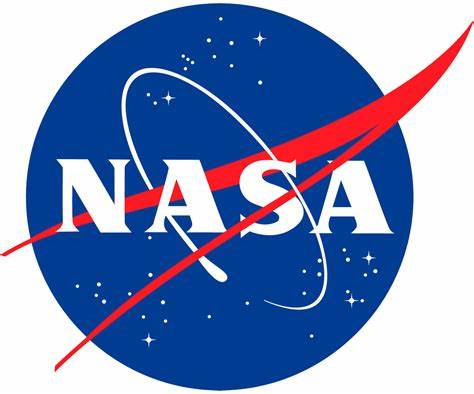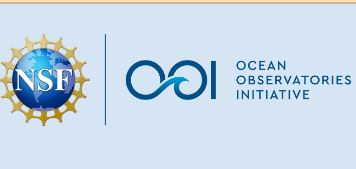The NASA DEVELOP National Program (https://appliedsciences.nasa.
The DEVELOP experience is focused on both conducting and delivering an applied Earth science feasibility project to an end-user. DEVELOP participants work on a team to research the use of NASA Earth observations for environmental community concerns. Participants will conduct a literature review on the scope, methodologies, and types of NASA remote-sensing data applicable to their project. They will utilize Geographic Information Systems (GIS) and remote-sensing data to conduct application projects. Teams will communicate with end-user organizations that can benefit from the methodologies, results, and enhanced decision-making tools created by the team. A substantial amount of time is spent on the creation of scientific and technical deliverables, including a research poster, scientific presentation, technical report, and video, as emphasis is placed on building capacity to communicate project results to a variety of audiences. Participants also conduct personal development activities, such as personality typing, team-building exercises, and networking with their team, advisors, and partner organizations. DEVELOP participants also work through situational issues and use problem-solving skills to achieve desired project outcomes, with assistance from the DEVELOP Fellows, Science Advisor(s), and mentors.
All DEVELOP participants are part-time, temporary employees and work a maximum of 29 hours per week during the 10-week term.
Requirements, Eligibility, & Things to Know:
-At least 18 years of age
-Ability to provide personal transportation to and from the DEVELOP location
-Strong interest in Earth science and remote sensing
-No prior experience in remote sensing, GIS, or programming is required
-U.S. citizenship is required to apply to DEVELOP locations at NASA Centers
-Applications must be submitted within the set application window.
-Applications may be started, saved as a draft, and then returned to for completion.
-For New Candidate Applications, letters of recommendation will be emailed directly by the recommender to the DEVELOP National Program Office. Recommenders will receive an email with instructions once the applicant has submitted their application.
-Applicants can review their application status by logging onto the online application system and viewing previously submitted applications.
-Applications that are submitted, but not complete will not be considered. 
-Applications will be reviewed by the NPO, as well as the centers to which the intern applied. 
-Interviews will occur virtually (if the student is not local).
-After the selection process is complete, each applicant will receive notification regarding their status.
-The summer 2023 term will be conducted in an in-person and virtual hybrid format. Selected candidates will only be required to telework from within the continental United States.
The DEVELOP application and selection process is managed on behalf of NASA by contractors. DEVELOP participants are classified as contract employees.
Applicants must apply at https://appliedsciences.





